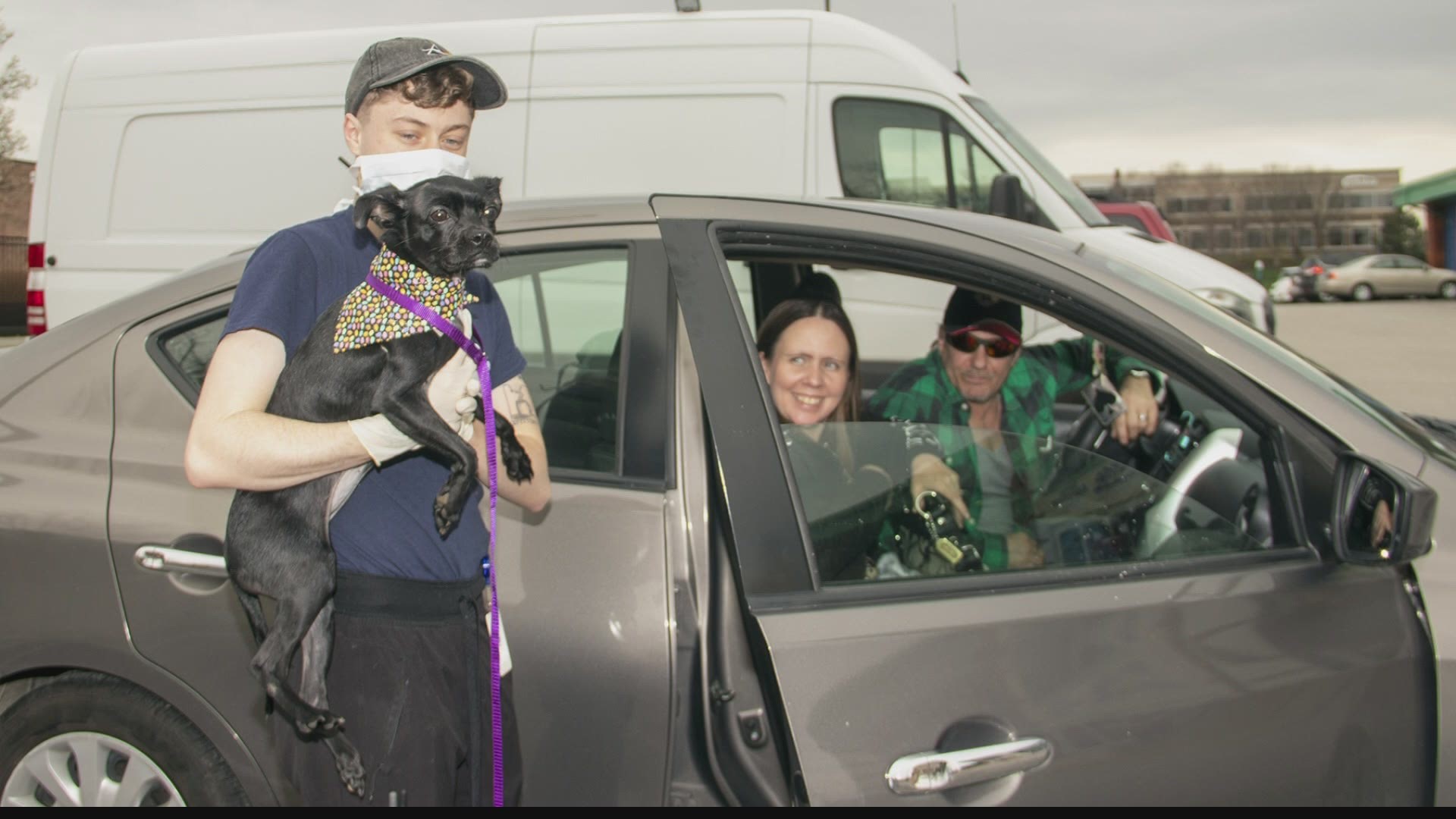ST. LOUIS — As almost every business in the country is hurting right now, some in St. Louis are taking a beating for the second year in a row.
“Last year was a significant year,” said Mary Lamie with Bi-State Development.
Bi-State Development oversees the Riverboats at the Gateway Arch.
In 2019, operations temporarily ceased due to historic flooding. The attraction was closed 112 days out of the 253 day season.
“That was difficult for us to rebound in that calendar year,” said Lamie. “What we can do is as we move on in the next years into the future we can make up for that.”
As every restaurant and retailer in the country adapts to temporary closures due to COVID-19, many businesses affected by the flooding could have an advantage.
They already have solutions in their back pocket.
“We anticipate we will have temporary closures because of the high floods – periodically every three to four years,” explained Lamie.
A dockside café and special event cruises are two ways Riverboat Tours reels in profit when funds would typically dry out.
“When we are able to move forward with these events, the attendance is outrageous,” said Lamie.
The two consecutive years of poor operating circumstances also gives these businesses an optimistic perspective. This approach is necessary for operations to survive the pandemic.
Flooding along the Missouri River was responsible for a decrease in visitors at Chuck Gillentine’s winery, Defiance Ridge, in 2019. This year, Gillentine isn't worried about picking business back up when stay-at-home orders are lifted.
Many of the springtime weddings and events scheduled at his winery have been pushed to the fall.
Gillentine said over the past few weeks he has relied on curbside service and loyal customers to help business operations.
In downtown St. Louis, Riverboat tours stayed afloat despite losing half its season in 2019.
When passengers were able to board in mid-July, the attraction saw a jump in visitors. More than 11,000 people took the tour in August and September, which is roughly 30 percent more than the typical average.
"We’re ready to welcome our visitors back once it’s safe to do so," said Lamie.
OTHER STORIES


